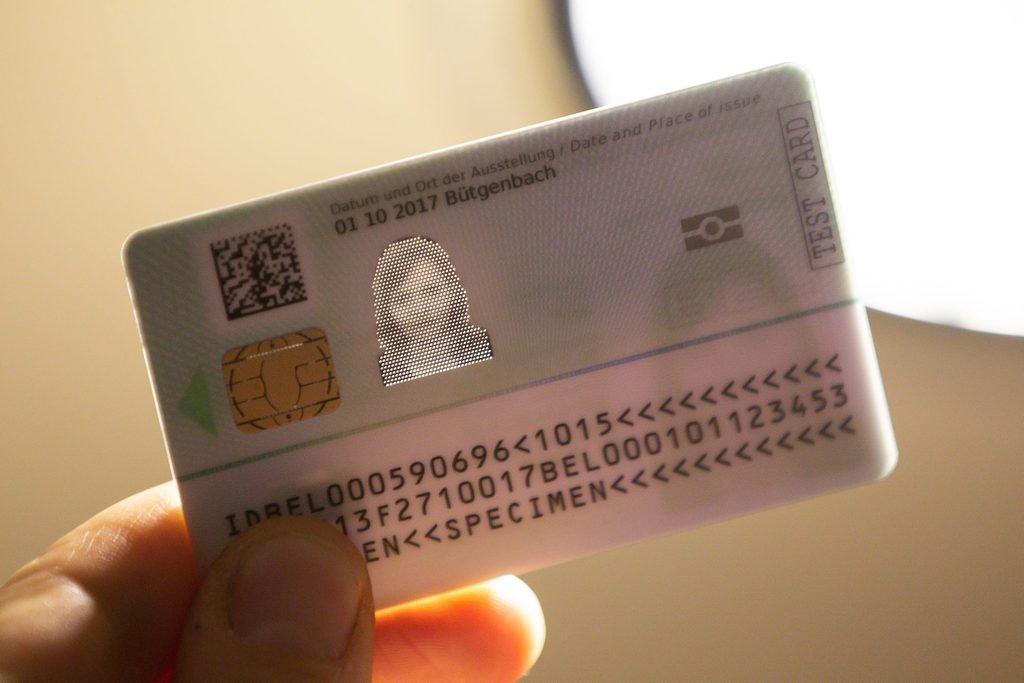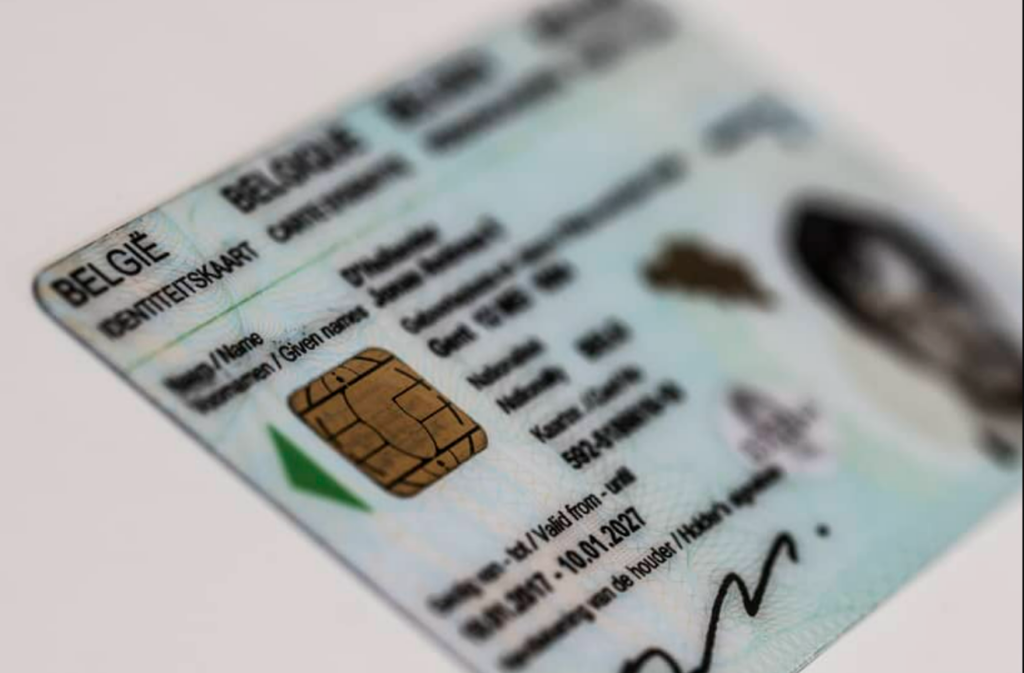While some companies ask customers for a copy of their ID card to verify their identity, others use their clients' eIDs as loyalty cards. But do you have to share these personal data? And is it safe?
Asking for (a copy of) your identity card when making payments or using your eID as a loyalty card is not against the law, but it is not always necessary either, lawyer and privacy expert Magali Feys told VRT.
"Indeed, companies often carry out identity checks when payments are made. But a copy of the entire eID is excessive. They do not need your national registration number, for example. So make a copy of just the front of your eID, which usually does not have that number on it," she explained. On the newer eIDs, however, the national number is not only written on the back, but also on the front of the card.
Some shops also use their clients' eIDs as a loyalty card – which is allowed, but only if the customer gives their consent, Feys stressed. "If you, as a customer, do not consent, the shop must provide an alternative. A shop should never force you to have your eID read to obtain a certain discount or promotion."
Is sharing your eID dangerous?
The most important information on your eID is the national registration number: a unique identification number linked to the national register, which contains information about who you are, where you live, and what your profession is, among other things.
If someone gets hold of your eID and your name, that person can commit identity fraud or social fraud, she said. "They then hold information to perform actions in your name, or collect sensitive data. For example, that person could collect medical data from your treating doctor."
However, not just anyone can look things up in that register. "You have to have a specific authorisation from the federal service for that, which many companies do not have," said Feys. Still, always be aware of what information you share with whom.

Credit: Belga / Nicolas Maeterlinck
How to maintain your security and privacy
If a company asks you to offer your eID to verify your identity, you can suggest using another document, such as your driving licence or student card. If you do have to use your eID, make sure the national registration number cannot be seen.
You may refuse to use your ID card as a loyalty card. Shops must provide an alternative.
The Dutch Government has an app that can put a watermark on your ID card via this website. This allows you to use your mobile phone or tablet to make a secure copy of your ID card. It is convenient and also works in Belgium.
If certain practices are not acceptable, you can always file a complaint with the Data Protection Authority (GBA) via its website.
This is all the information and data your eID contains:
- surname and first name(s);
- place and date of birth;
- gender;
- nationality;
- main residence;
- profession;
- marital status;
- composition of the family;
- indication of the register in which the person is registered;
- where appropriate, their administrative situation for asylum seekers;
- where appropriate, the existence of the identity and signature certificate;
- where appropriate, proof of legal cohabitation;
- where appropriate, internationals' state of residence;
- after death, the place and date of death (or, in the case of a declaration of absence: the date of the transfer of the decision containing the declaration of absence).

